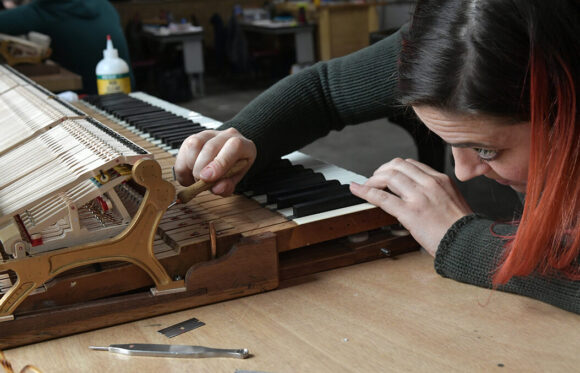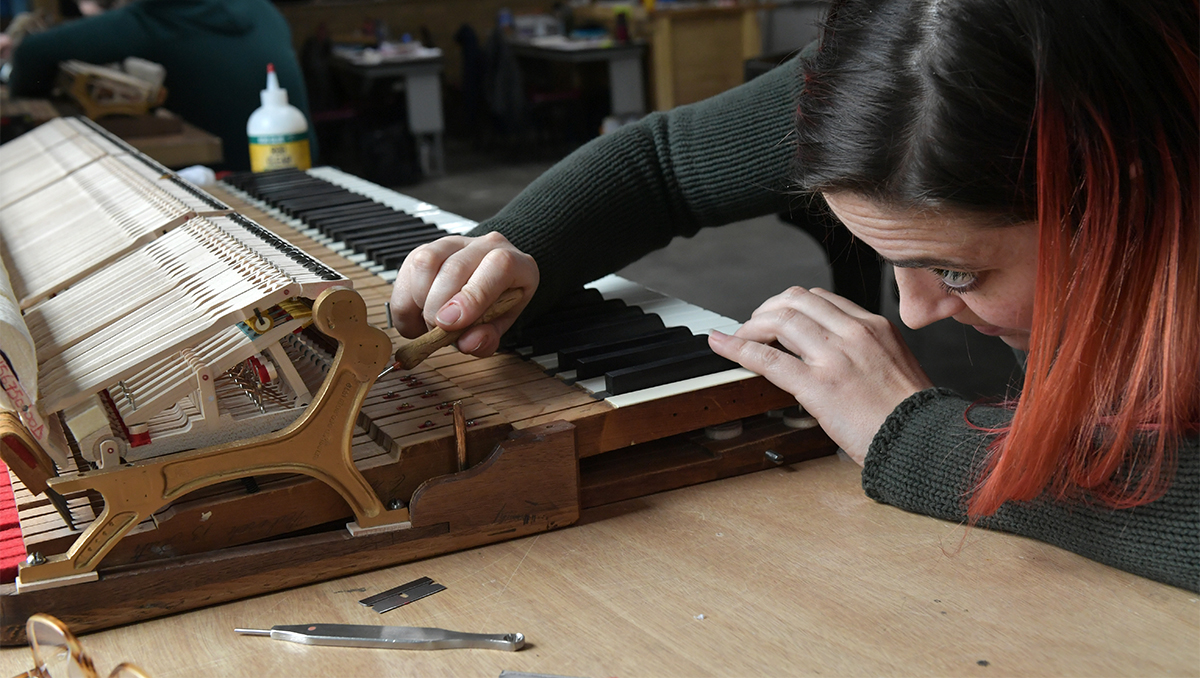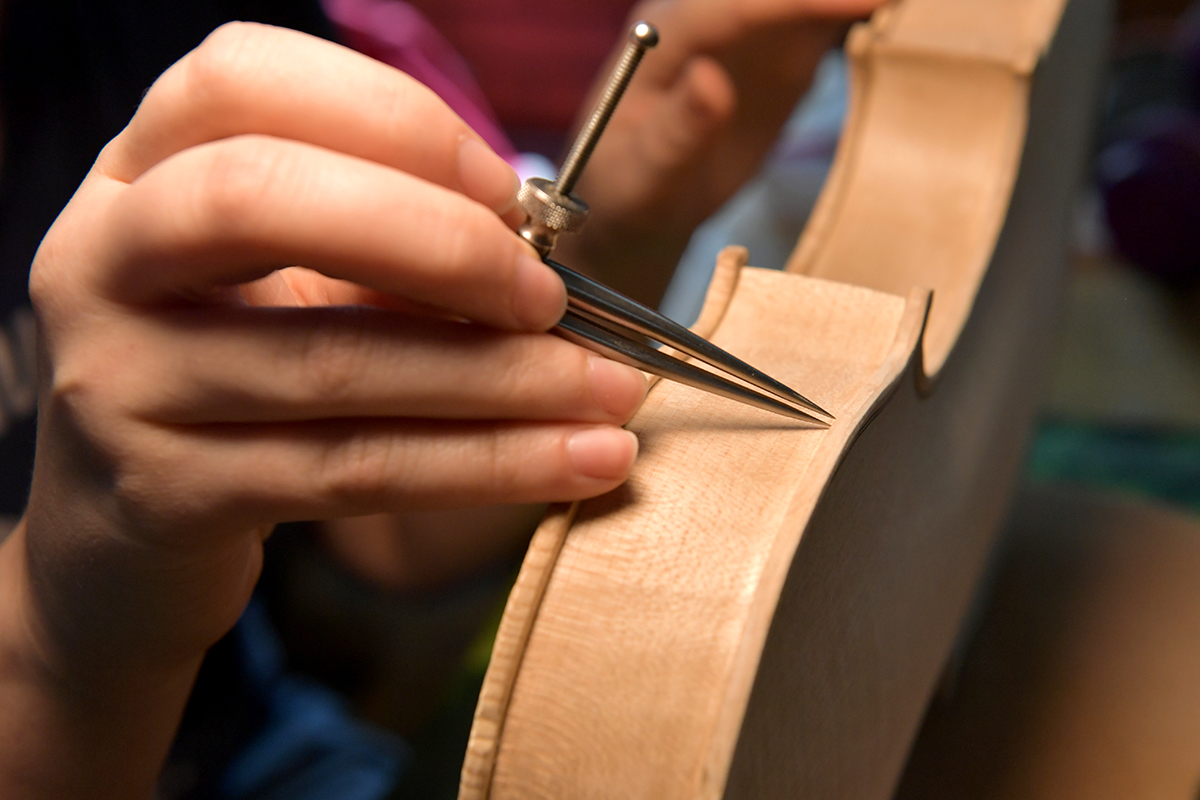Financial Aid for Trade Schools


Contemplating a new career or taking the next step is exciting. We talk to a wide range of individuals every day who want to pursue their passion, work with their hands, and find a stable, well-paying job. When they learn all that NBSS has to offer, they know they’ve found the place for them.
Of course, they have the passion and commitment. Yet many are afraid they won’t even get in the door, all because of a familiar concern: “How will I pay for my education?”
We hear this all too often, and the short answer is: there are many ways, depending on your unique situation. Still, we know it’s difficult to talk about personal finances and the cost of school, so let’s the break the ice.
First, just how much does it cost to attend a trade school? While costs vary by institution, the typical cost of a certificate program at a trade school like NBSS is just 25% of the cost of a four-year college. (See our program pages here for details.) Beyond these substantial savings, there are many reasons trade school can produce a better return on your investment, from length of education to salary expectations to job security. What’s more, self-satisfaction surveys indicate that people who work with their hands are just as happy, if not more so, than their office-worker counterparts.

Sounds great, right? So back to that original question: How will I pay for school? Or more specifically, how does financial aid work for trade schools like NBSS? The answer’s simple: as a student, you have access to a wide variety of need- and merit-based financial support resources. Setting aside loans (which you have to pay back), let’s break down the many grants and scholarships (“free money”) available to you:
- NBSS Scholarships. As one of the nation’s oldest and most respected trade schools, we’ve built a robust scholarship fund thanks to the generosity of our donors. We’ll give away over $700k in funds to students in 2020. (With just 150 students this can really go a long way!) These include Pell Yes! (up to the current Pell Grant amount per student, per year) for those who already hold a bachelor’s degree, and our NBSS Workforce Development Initiative (over $25k, a “full-ride” scholarship) for those of high-need who face barriers to employment. And then there’s our general scholarship fund, which goes to over 60% of students, helping to offset the cost of their education. (For an overview of these programs, click here.)
- Private Grants & Scholarships. A key resource often overlooked by students are sponsored scholarships by national, regional, or community organizations. For example, if you’re a NH resident, you might want to look at The Medallion Fund sponsored by the NH Charitable Foundation which awards scholarships to students of any age enrolling in an accredited technical or vocational program. The American Fire Sprinkler Association (AFSA) offers a 2nd Chance Scholarship open to students of certified trade schools. Typically, you can apply for more than one scholarship, and some are recurring, so it’s worth doing some research to find out what organizations sponsor scholarships for trade school.
- Government Grants. As a trade school student, you are eligible for Pell Grants and Federal Supplemental Educational Opportunity Grants. Like we said before, unlike loans, this is free money that does not need to be repaid, meaning you can graduate with less debt.
- Veterans Benefits. Qualified veterans can take advantage of their Post 9-11 GI Bill® and other assistance such as Vocational Rehabilitation and Employment (VRE). We’re proud to have over 15% veteran among our student population, and so it makes sense we would offer our own NBSS Yellow Ribbon Program to help fill the gaps in education costs for qualified veterans. (For more information on veteran assistance, see our blog post on the subject and our Veterans page.)
We hope this helps answer some of you’re the mystery of college vs trade school and paying for your education. We know that navigating the financial aid landscape can be challenging, and so we’re here to help you through the process.
Check out our Financial Aid page, which includes a step-by-step guide for new students, a full list of NBSS and private scholarships, the cost of our programs, and more. For any other questions, make sure to reach out to James Dergay, NBSS Director of Financial Aid, who is happy to discuss your particular needs. As always, we’re here to help you achieve your goals.